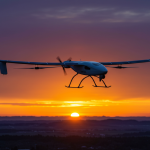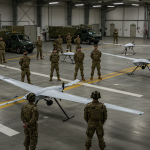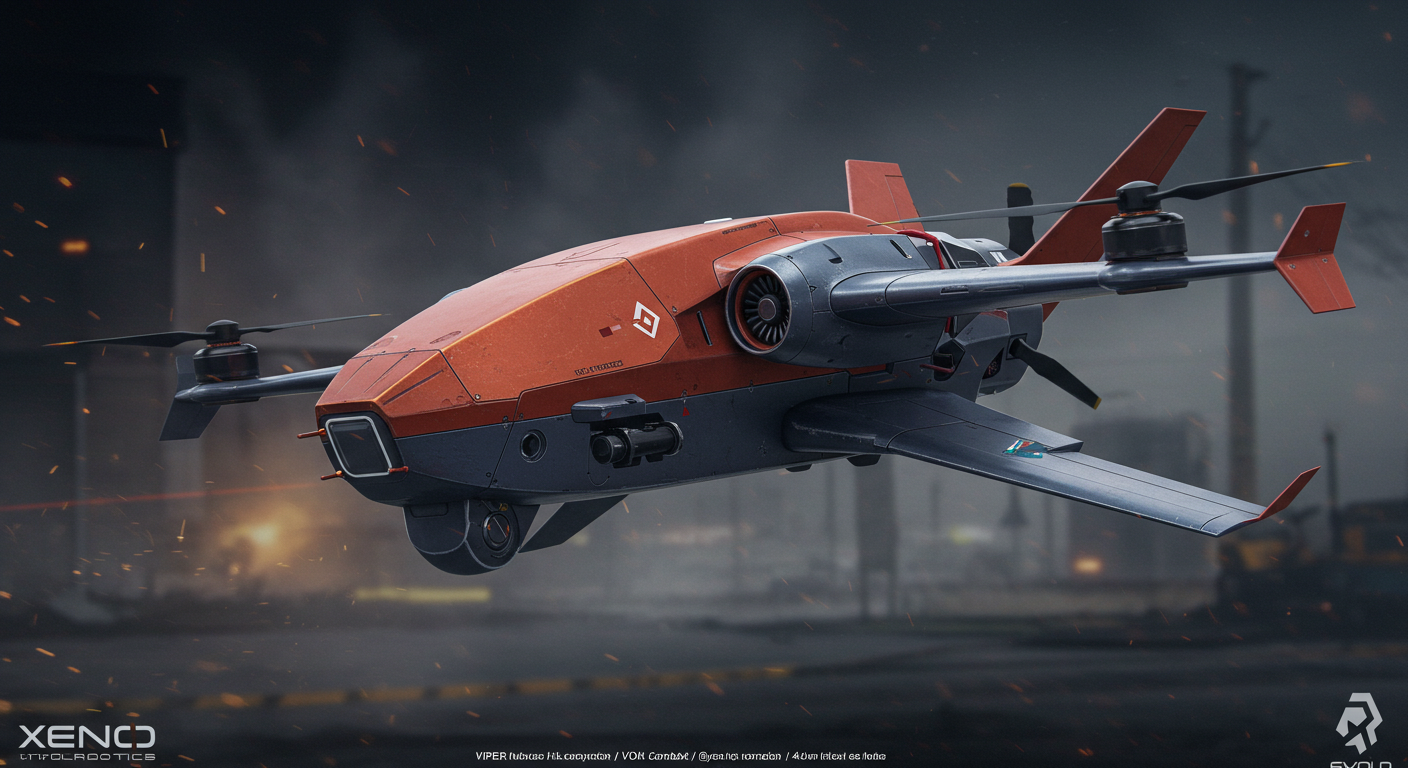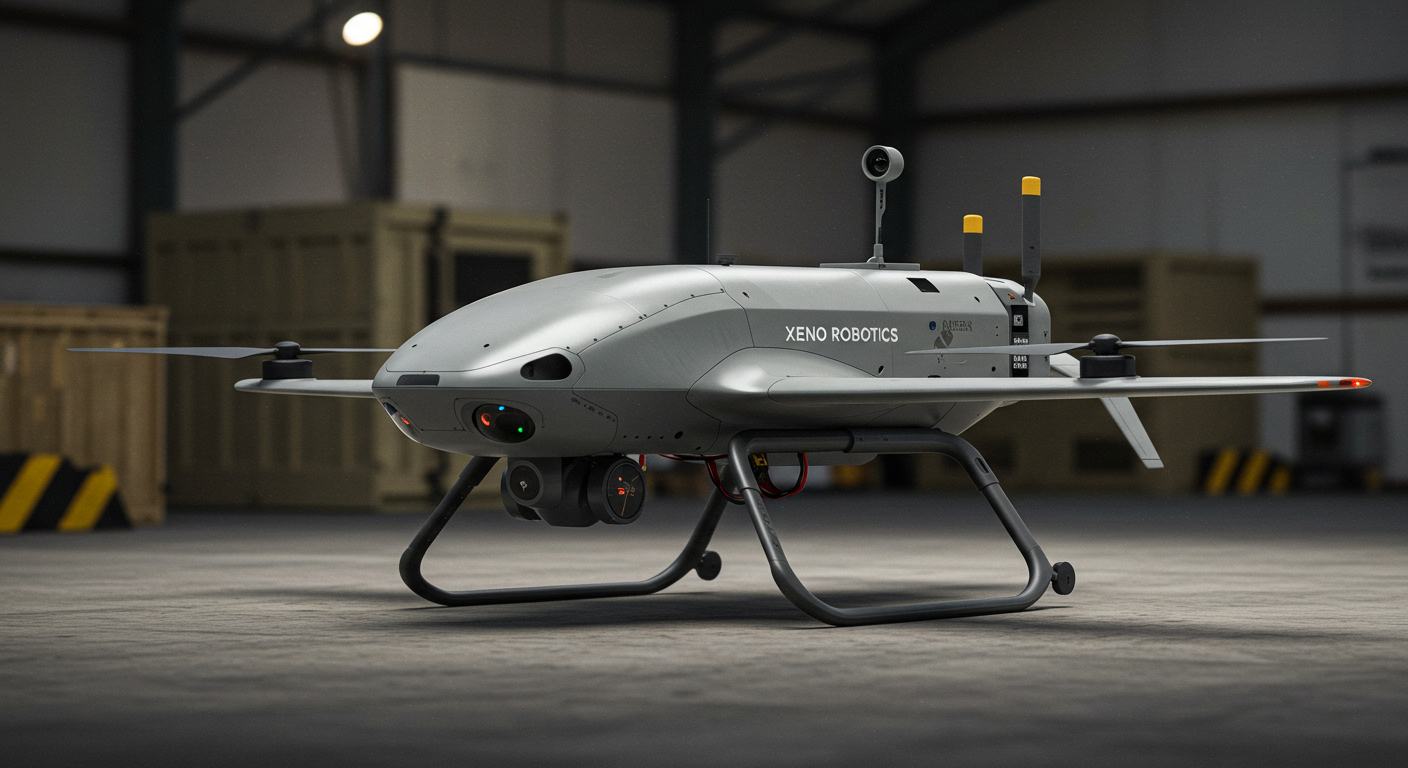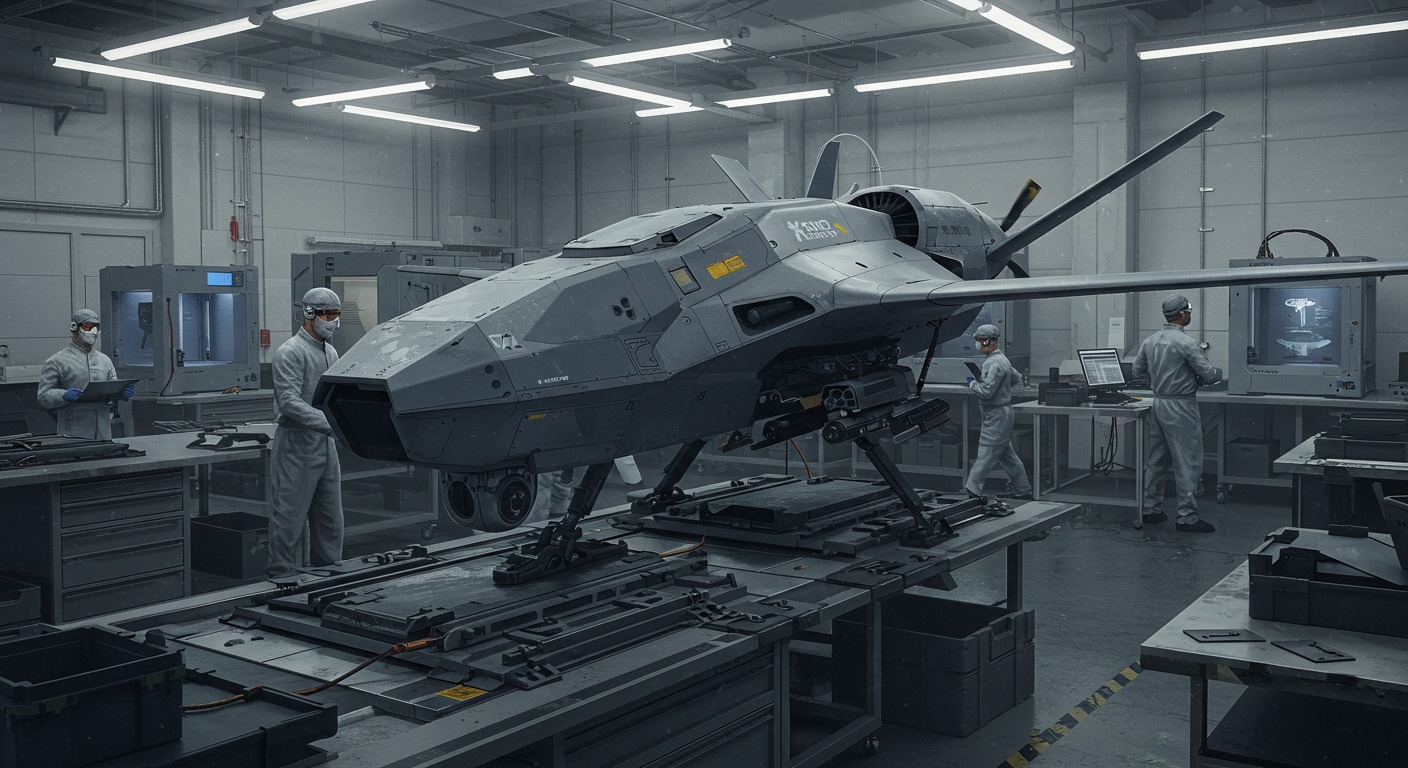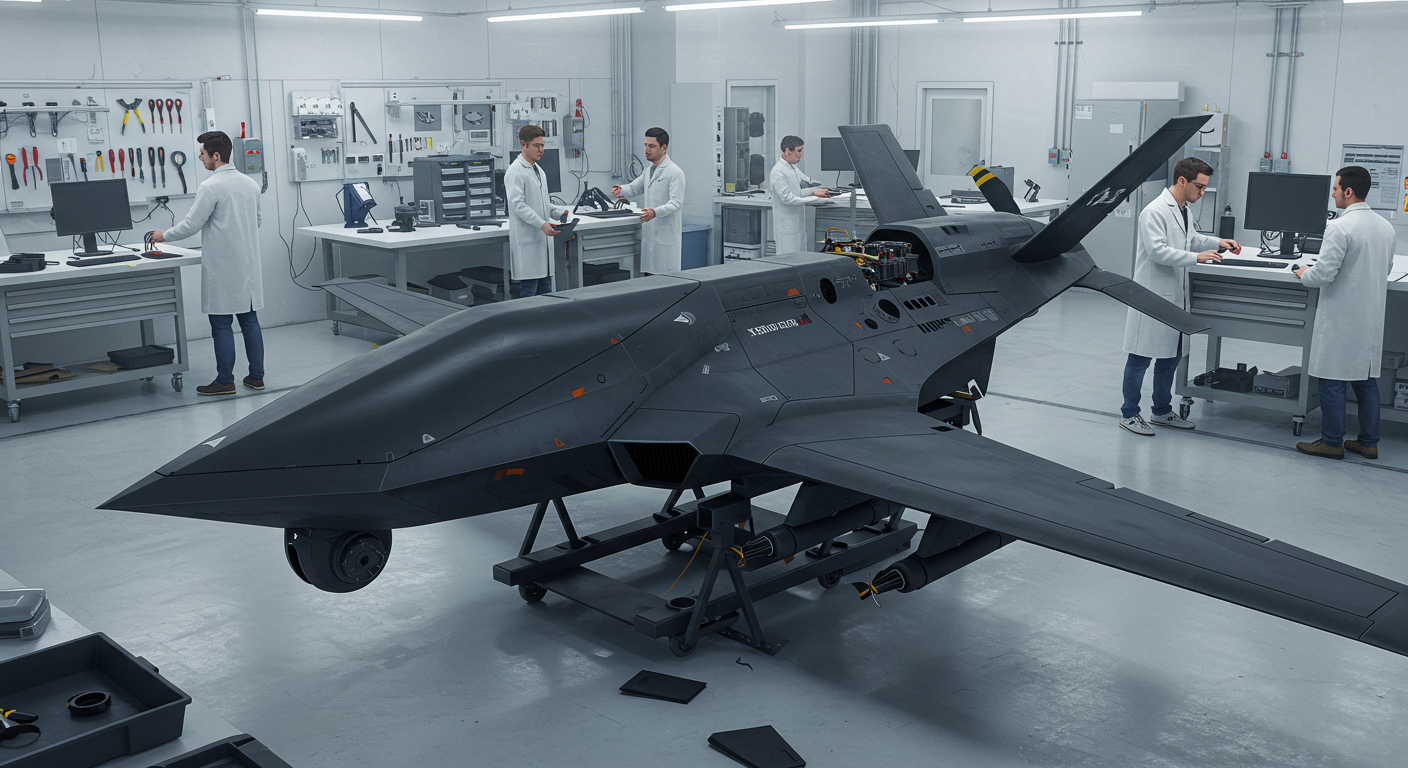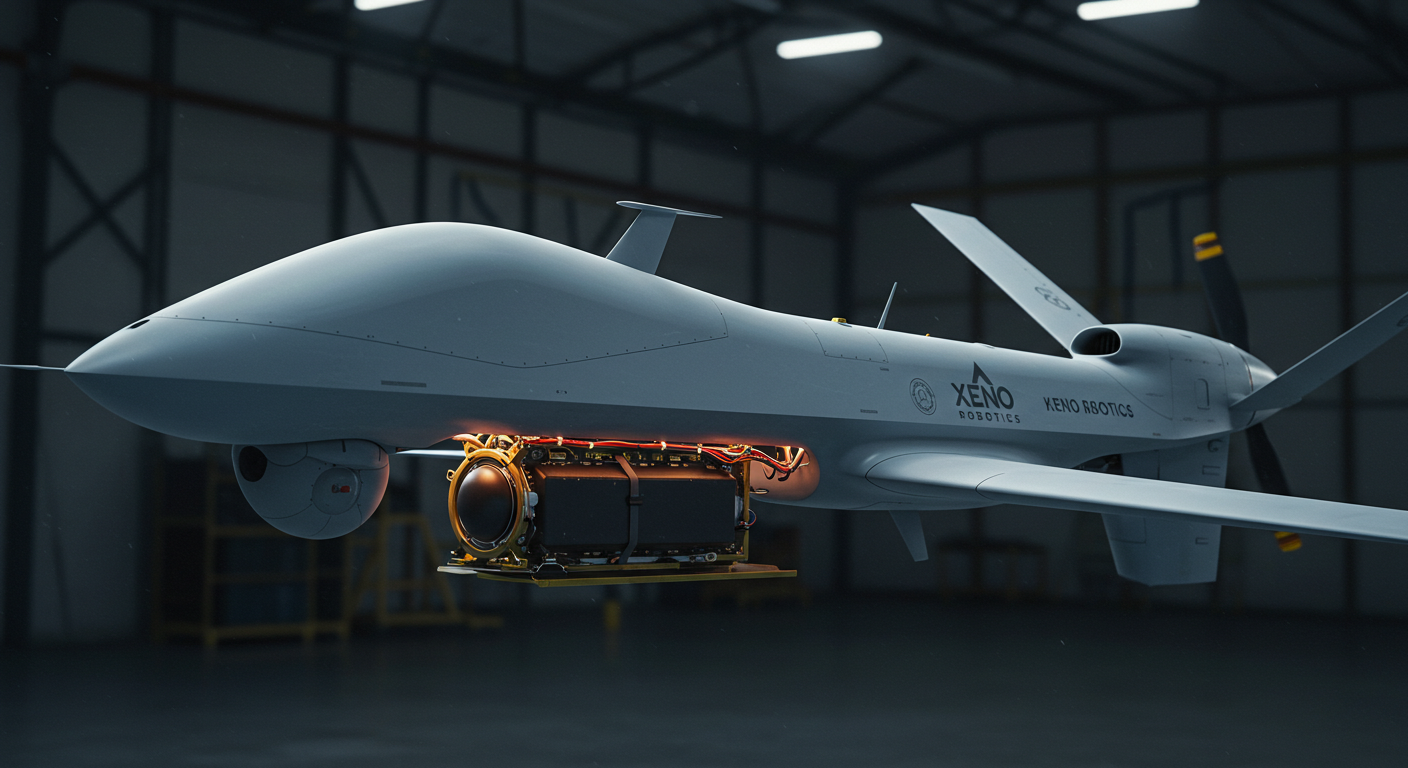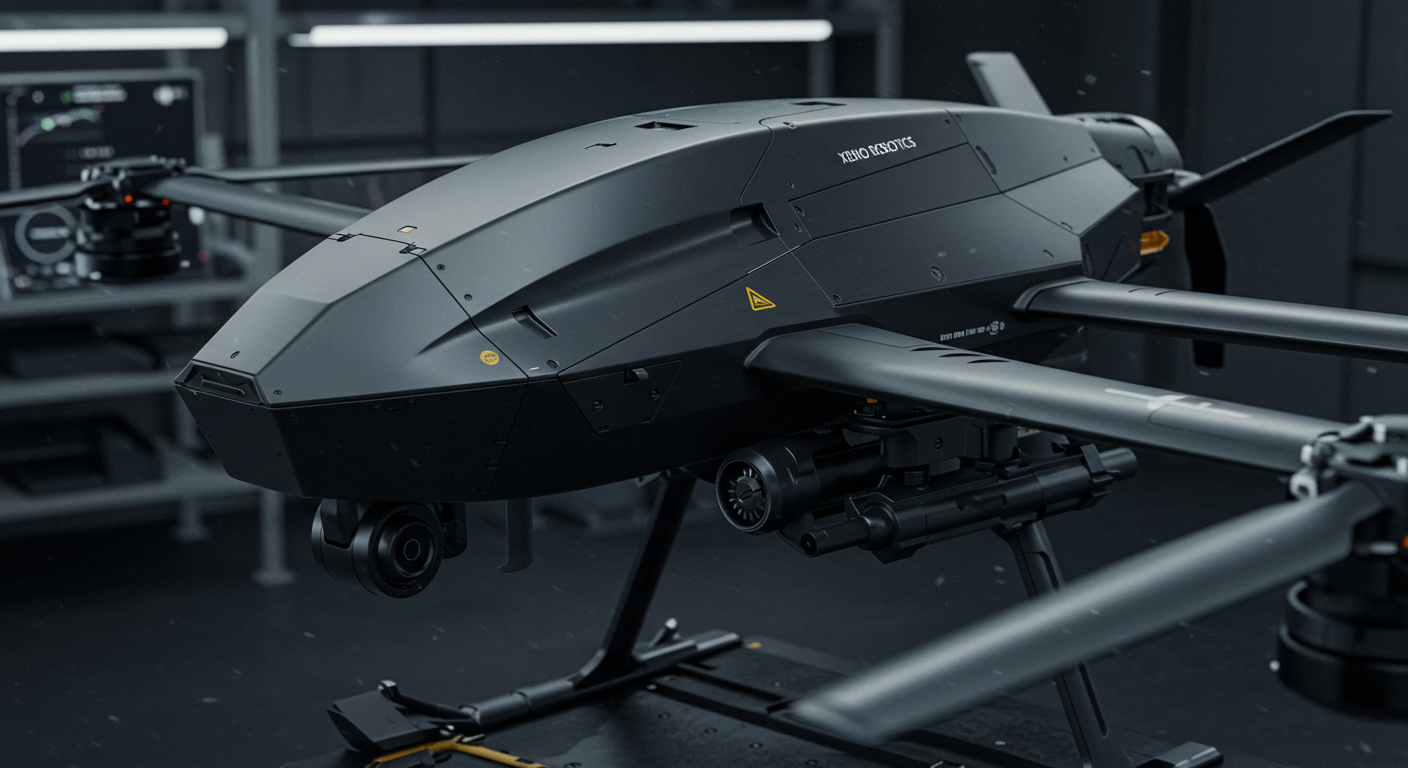Introduction
As artificial intelligence (AI) becomes deeply embedded in autonomous defense systems, debates over AI ethics have moved from academic circles into military planning rooms. Defense forces worldwide are embracing AI for speed, accuracy, and autonomy in combat decision-making. Yet, critical questions remain: Should machines have the authority to make life-and-death decisions? How can ethical safeguards be ensured in warfare?
The Rise of AI in Defense Systems
Autonomous systems powered by AI are transforming how militaries conduct surveillance, reconnaissance, logistics, and even combat operations. These platforms promise faster decision cycles, reduced human risk, and enhanced precision in the battlefield.
From AI-enabled drones to autonomous ground vehicles, adoption is accelerating. However, this rapid growth raises ethical and legal dilemmas that policymakers and defense leaders cannot ignore.
Core Ethical Questions
1. Human Oversight vs. Machine Autonomy
Should autonomous defense systems be allowed to engage targets without human approval? Many argue that “human-in-the-loop” controls must remain mandatory to prevent misuse or unintended escalation.
2. Accountability in Decision-Making
If an AI-driven system makes a fatal error, who is accountable—the commander, the manufacturer, or the algorithm itself? Lack of clear accountability frameworks complicates integration.
3. Compliance with International Law
AI must adhere to the Law of Armed Conflict (LOAC) and international humanitarian law (IHL). Ensuring that algorithms respect proportionality and distinction is one of the most pressing ethical challenges.
Advantages Driving AI Adoption
Despite ethical debates, defense forces continue to push forward due to clear advantages:
-
Faster Analysis – AI processes data at machine speed, delivering near-instant insights.
-
Reduced Risk to Soldiers – Unmanned platforms take on dangerous missions.
-
Improved Precision – AI enables target recognition and engagement with minimal collateral damage.
-
Force Multiplier Effect – Swarm-enabled AI systems can outmaneuver conventional threats.
Global Perspectives on AI Ethics in Defense
-
United States & NATO – Advocating for responsible AI principles in military applications.
-
European Union – Prioritizing regulation and oversight to ensure compliance with international norms.
-
Asia-Pacific Nations – Accelerating AI adoption while balancing innovation with ethical risk frameworks.
-
United Nations – Ongoing discussions on potential bans or restrictions on lethal autonomous weapons systems (LAWS).
Challenges in Ensuring Ethical AI
-
Bias in Algorithms – AI systems can inherit flaws from training data, leading to biased decision-making.
-
Cybersecurity Risks – Autonomous platforms are vulnerable to hacking or manipulation.
-
Transparency & Trust – Many AI models function as “black boxes,” making decisions that are difficult to interpret.
-
Escalation Risks – Autonomous weapons could accelerate conflicts beyond human control.
The Future of AI Ethics in Defense
The path forward will require a balance between innovation and restraint. Ethical AI in defense must be built on three pillars:
-
Human Control – Maintaining meaningful human oversight in critical decisions.
-
Transparency – Ensuring explainable AI systems that commanders can trust.
-
International Cooperation – Establishing global frameworks for ethical standards and accountability.
Defense leaders agree: while AI in autonomous defense systems can provide unmatched capabilities, ethical frameworks are essential to prevent misuse and unintended consequences.
Conclusion
The debate around AI ethics in autonomous defense systems is far from settled. As militaries invest in increasingly autonomous technologies, the global defense community must address urgent questions of accountability, legality, and morality.
Ultimately, the future of AI-driven defense hinges not just on technological capability, but on the ability to integrate ethical safeguards that protect human dignity and international stability.


